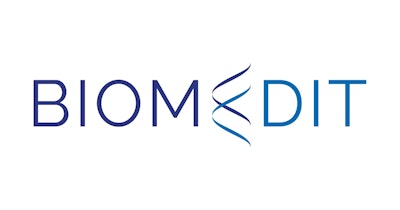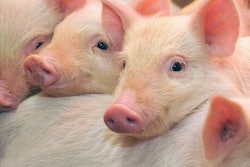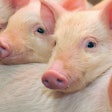
BiomEdit, an animal health biotechnology company, has received nearly $2 million from the Bezos Earth Fund’s AI for Climate and Nature Grand Challenge to develop the Rumen Digital Twin, an artificial intelligence model aimed at reducing methane emissions in cattle while enhancing productivity and welfare.
In partnership with Bioversity International USA and Yale University, BiomEdit will train the AI model using data from over 20,000 ruminants across more than 25 countries, including many in the Global South. The model will analyze microbiome profiles alongside methane emissions, diet, genetics, and animal performance to identify targeted feed additives and interventions.
The project aims to replace costly animal trials with AI-powered simulations that could reduce methane emissions by up to 75% compared to untargeted methods, without compromising productivity.
Aaron Schacht, BiomEdit’s CEO, said the initiative harnesses microbiome science and AI to benefit both climate and animal health. The resulting open-access platform will allow researchers worldwide to simulate interventions and optimize methane mitigation strategies at no cost.
Launched in 2024, the Bezos Earth Fund’s $100 million AI challenge supports innovations addressing climate change and biodiversity loss, with mentorship from tech leaders like AWS, Google.org, and Microsoft Research.
This project builds on BiomEdit’s earlier $4.5 million Gates Foundation grant focused on methane reduction in Africa and South Asia, underscoring the company’s leadership in sustainable agricultural solutions.














